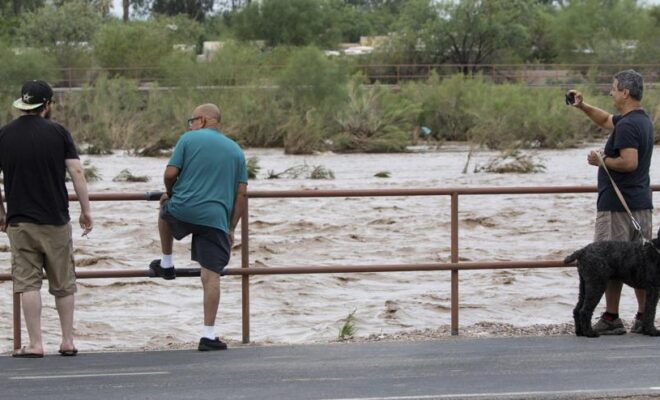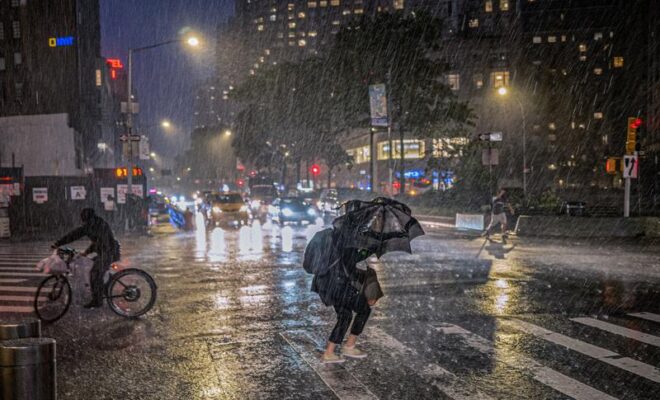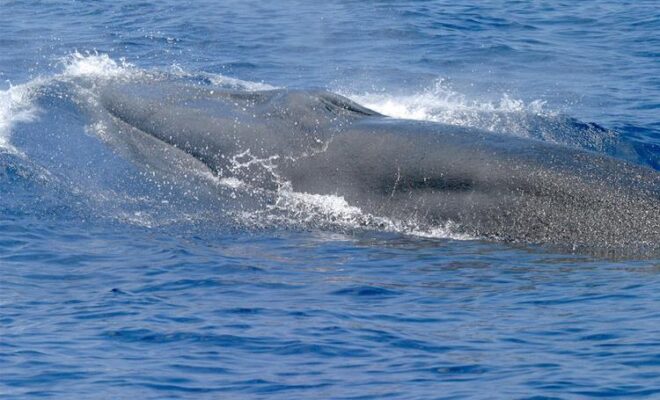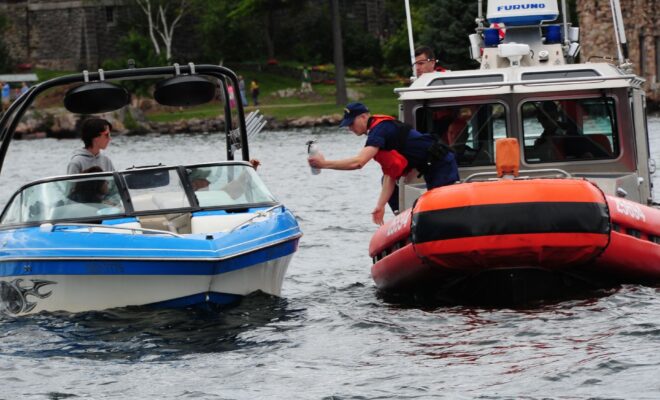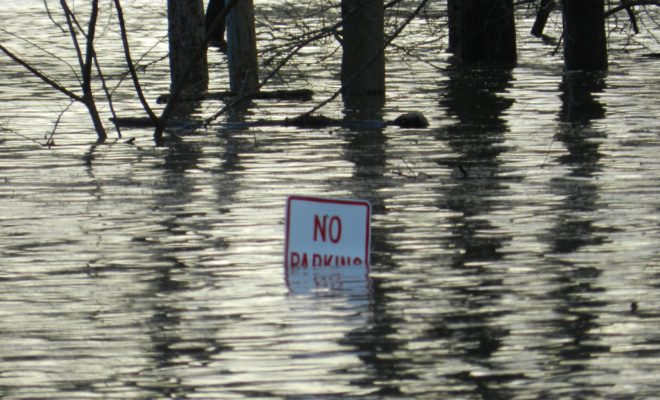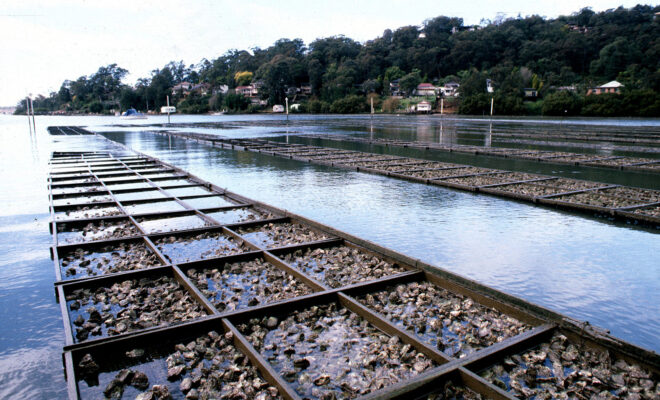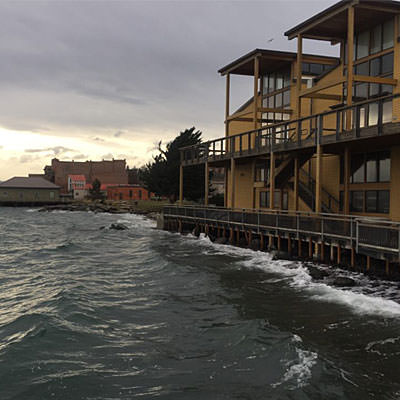As Climate Change Costs Mount, Biden Seeks to Price Damages
2/27/2022 - By Matthew Brown. HARDIN, Mont. (AP) — In the coal fields of eastern Montana, climate change is forcing a stark choice: halt mining that helped build everything from schools to senior centers or risk astronomical future damage as fossil fuel emissions warm the planet and increase disasters, crop losses and premature… SEE MORE
